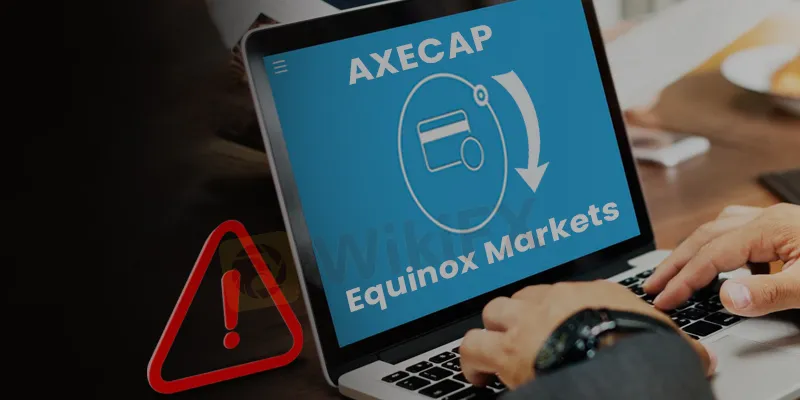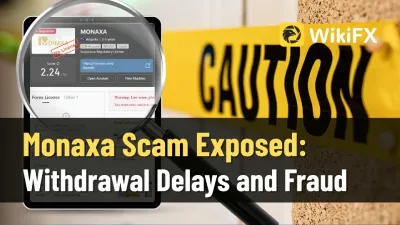Abstract:When forex trading is becoming increasingly popular, scammers seem to have learned more advanced techniques to defraud clients.

Over time, these con artists have adapted to new trade environments. By completely concealing their identities and building flashy websites that look like legitimate trading platforms, phony brokers make clients lose hundreds of thousands of dollars each year. In this article, we discuss a scam broker - Investing4You.
Investing4You - A Quick Review
Investing4You (https://investing4you.co.uk/) is an offshore brokerage firm founded in the United Kingdom. The company provides investment and funds management solutions across multiple asset classes, including forex, stocks, commodities, and cryptocurrencies. The company shares no details about its inauguration, supported platforms, and available payment options but claims to be your best bet if you wish to crave profits in a short period.
Is Investing4You Regulated?
No! Investing4You is not regulated anywhere in the world. Since the company is registered in the UK, we decided to check out FCA's database to avoid imposing false allegations. After trying multiple keywords to search the broker on the FCA register, no matching results were found except for a warning issued against it, which confirmed that the company doesn't hold regulations from the FCA.
Clients Feedback
There are a lot of complaints and unfavorable feedback about Investing4You. Investors who have already used the brokerage's services mostly blame the company for its withdrawal policy and price manipulation. According to existing and former clients of the company, the broker never releases clients' funds for any reason.

How Does Inesting4You Scam Work?
Investing4You require clients to sign up with it, deposit funds, and let it trade on their behalf. Once clients make deposits with the company, they see their balance grow initially but then start decreasing. The company sidelines clients blaming the market's volatility as the ultimate factor for their loss. The worst part is that the broker doesn't take any responsibility claiming that it never guaranteed profits and that clients should have been aware of the market's risk, which is always there.
Notably, this is different from the way how funds management companies work. Although skilled professionals can easily spot the company as a fraud, newbies get carried away due to its enticing deals for making a quick passive income. Typically, a legit fund management company won't ask for direct deposits. Instead, it only suggests a broker to signup with or sometimes leaves it up to you to decide your preferred broker. Then, it requires you to share your MT4 credentials so that it can place trades on your behalf.
Has Investing4You Ever Been Blacklisted?
Yes! About a year ago, the UK's regulator FCA blacklisted the company. Moreover, the Financial Commission has also added the broker to the warning list. But the company continued offering unauthorized services in different parts of the world, including the UK. However, recently the domain has been taken down as per the directives of the FCA.


Bottom Line
Although the broker's domain has become inaccessible, the company may return to the business with a new identity. Scammers are well known for this sort of behavior. Therefore, remain vigilant and always confirm a broker's regulatory status before signing up. Reading clients' feedback on independent reviewers' websites like WikiFX can help determine if your prospective company is worth your investment.













